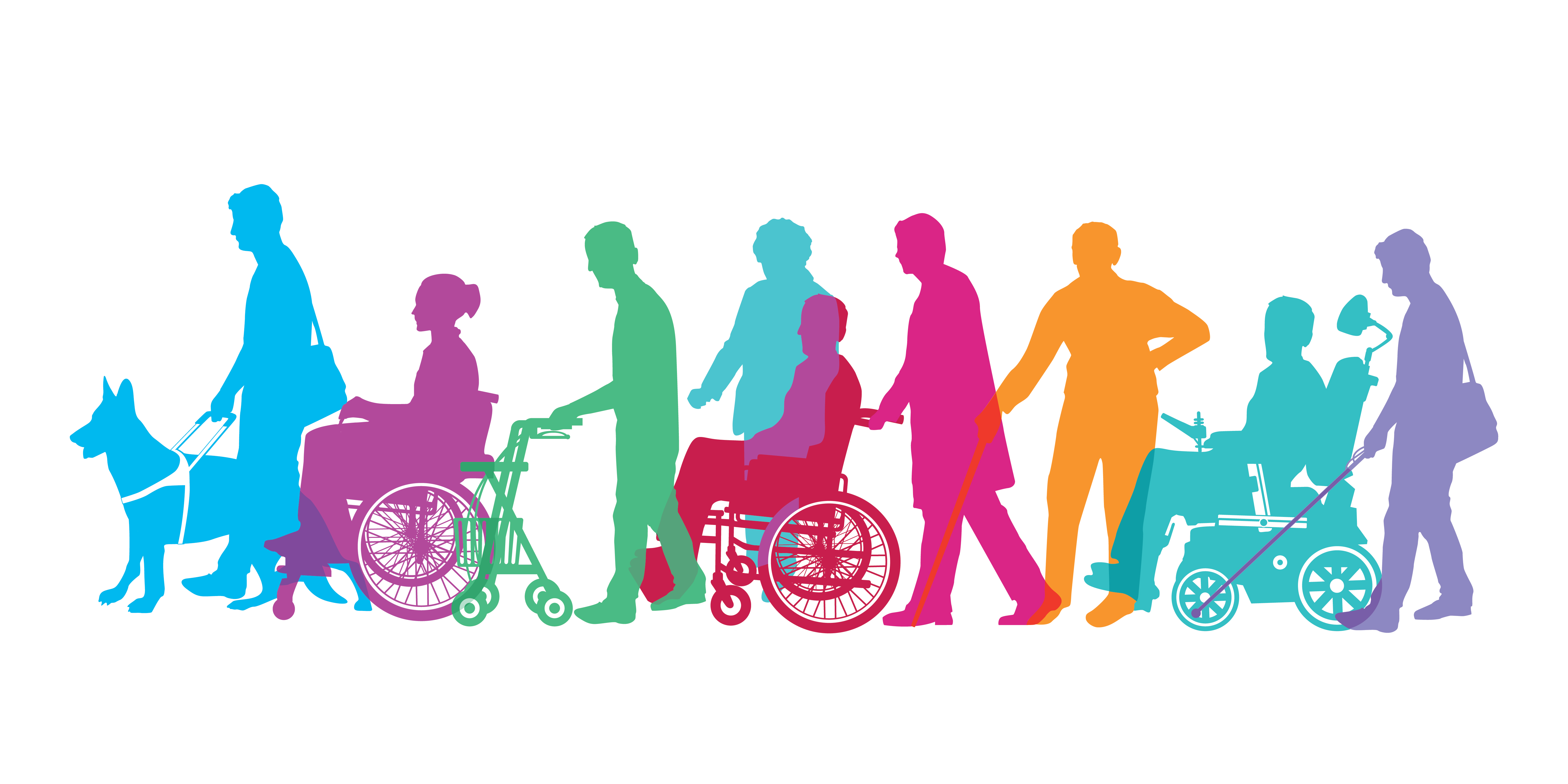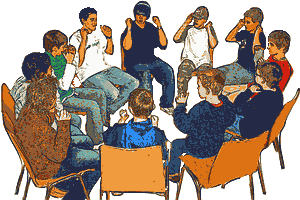What is one example of a cognitive/intellectual activity offered here at Wascana?
What is... Trivia, Bingo, crosswords, boards games, card games, puzzles and many more!

How many recreation staff do we have at Wascana?
How many recreation coordinators and how many recreation therapists?
What is... 5 recreation coordinators and 3 recreation therapists.
Benefits of leisure activities in the workplace.
What is... better problem solving, improved work ethic, and improved creativity.
Name three benefits of Recreation Therapy.
What is... improved physical functioning (such as strength, flexibility, cardio, manage chronic conditions), improved sleep, self-confidence, problem solving skills, happiness, social functioning, memory, attention span, reduced anxiety, stress, depression, loneliness and boredom.
Recreation Therapy has just recently gained attraction as a profession. True or False?
What is... True! Although it has been around for over a century, therapeutic recreation was not a common field to pursue as a career and profession until the past decade or so.
Three examples of spiritual programs that may be offered here at Wascana?
What is... Time outdoors (nature walks), Church/religious services, meditation, Yoga, smudging, drum circle, bannock making, pipe ceremony, Remembrance Day ceremony
Settings where Recreation therapists/coordinators are qualified to work?
What is... hospitals, long-term care, retirement homes, day programs, rehabilitation programs, treatment centres and private practice(s).
Participating in Leisure Activities is beneficial for mental and physical health, True or False?
What is... True!

Individual/One to One Programs Focus on This.
What is... Sparking Joy, connecting with previous interests and ensuring residents who may be more introverted or prefer to be on their own are engaged in programs of meaning to them.
The term "Therapeutic Recreation" was developed when?
A) Late 1950's - Early 1960's
B) Late 1960's - Early 1970's
C) Late 1980's - Early 1990's
What is... A) Late 1950's - Early 1960's

Two examples of emotional programs that may be offered here at Wascana?
What is... painting, colouring, manicures, music therapy, movies, pet visits, 1 to 1's
Recreation therapists roles and purpose?
What is... Working with persons who may benefit from assistance with quality of life, Help people maximize their independence, make necessary adaptations to recreation opportunities to allow for full and successful participation and to educate others about the skills and resources available and required to participate in recreation and leisure.
Leisure Interests May Change As We Grow Older, True or False?
What is... True! Some may have barriers that prevent them from participating in the same activities that they enjoyed in younger years; however, almost all activities can be adapted accordingly to assist in engagement and leading a purposeful and meaningful life.
This type of therapy allows residents to develop relationships with those who are in the same stage of life or are dealing with similar challenges. It also supports creating bonds and supportive friendships.
What type of program am I?
What is...Group Programs/Focus Groups

The origins of the term "Therapeutic Recreation" was developed by?
A) Kenneth Rybchuck (the story teller)
B) Beatrice Hill
C) Sigmund Freud
What is... B) Beatrice Hill

What are four examples of physical programs that are offered here at Wascana?
What is... Walks, exercises, FIM, axe throwing, ladder ball, yoga, lawn darts, balloon badminton, curling, Olympic games, washer toss, bean bag toss, bowling, target practice
What does CTRS stand for?
What is... Certified Therapeutic Recreation Specialist
Physical Activity Engagement (even at a low level) has shown to increase life expectancy. True or False?
What is... True!
Researchers saw benefit at low levels of activity. For example, people who said they got half of the recommended amount of physical activity still added 1.8 years to their life.
Means to identify what programs and events are happening at Wascana or on your specific Unit.
What is... Monthly/weekly Calendars, white boards, recreation staff and staff on Unit(s)
TRUE OR FALSE
A program can only have one domain.
(If True... can you think of an example)
What is... FALSE! One program may fit under many domains.
Example: Exercise classes are also social.
What are the five domains of leisure?
What is... physical, cognitive/intellectual, emotional, social and spiritual.
Definition of Therapeutic Recreation?
What is... Therapeutic Recreation is a process that utilizes functional intervention, education and recreation participation to enable persons with physical, cognitive, emotional and/or social limitations to acquire and/or maintain the skills, knowledge and behaviours that will allow them to enjoy their leisure optimally, function independently with the least amount of assistance and participate as fully as possible in society.
You need to be a member of a recognized and certifiable organization associated with recreational therapy in order to practice. True or False?
What is... True and False!
To be come a recreation therapist one must either get a degree or diploma. Although some places require you to have your NCTRS (Nationally certified) to work there. Depending on the job some may require one to have it. Many places in Saskatchewan do not require one to be certified whereas other provinces do require certification.
Alternative therapies commonly used by Therapeutic Recreation settings.
Hint: Alternative therapies that recreation staff would coordinate for someone to come to Wascana.
What is... Pet Therapy, entertainment, smudging, music, art therapists, spiritual programs (ex., priest, elders), intergenerational, meditation.
TRUE OR FALSE
Recreation Therapists do not work with other professionals in the health care industry.
What is... False!
We are constantly working with nursing staff, care aids (and all other departments!) in order to bring you beneficial activities.